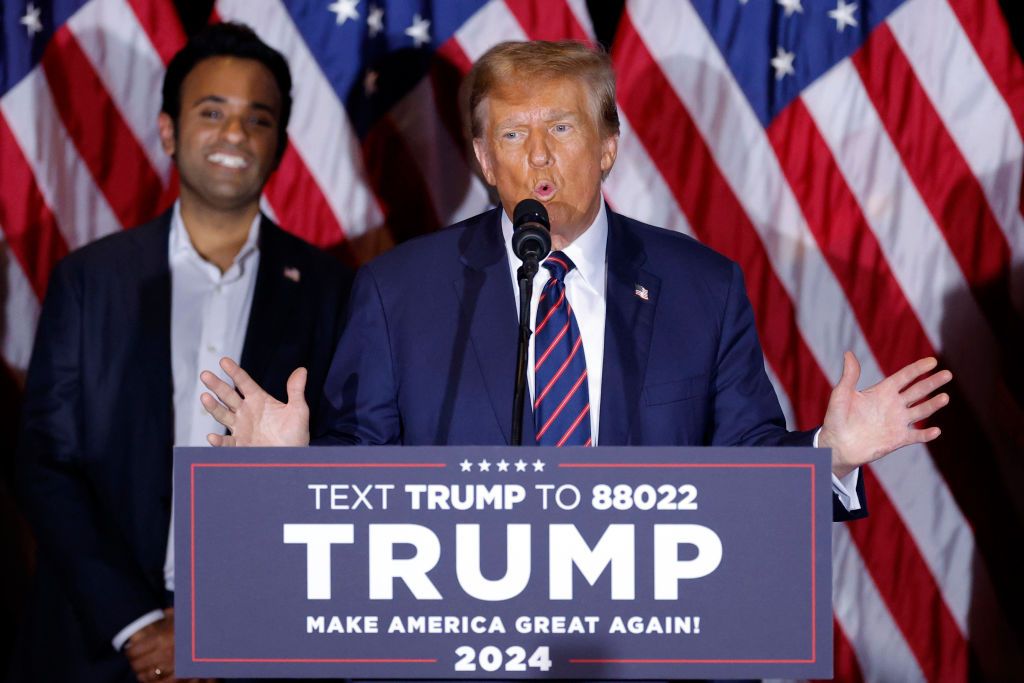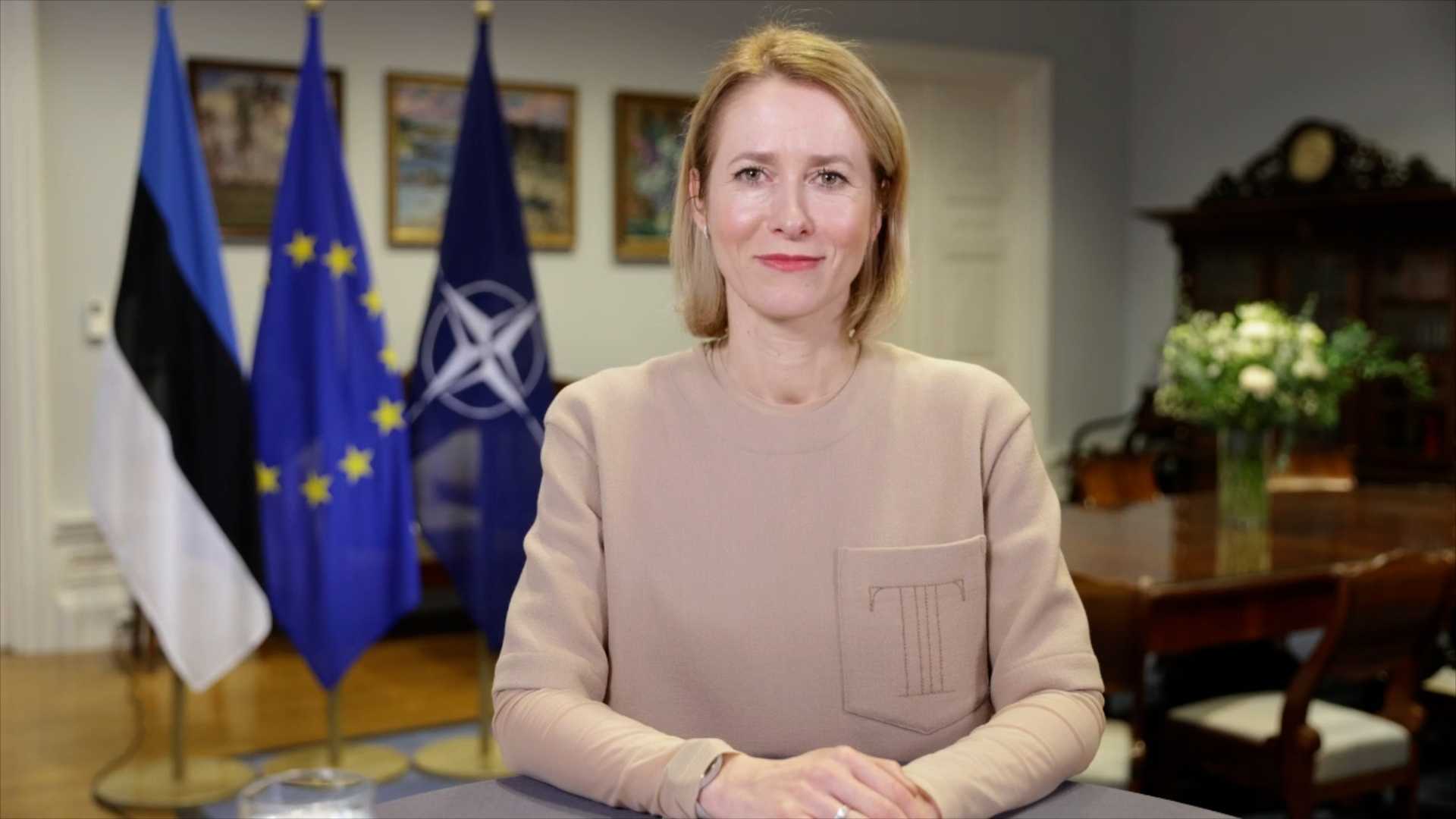Estonian PM: Russia provoked by weakness, not strength

Ukraine's Western allies must commit to victory over Russia and not fall into "traps" laid by the Kremlin, Estonian Prime Minister Kaja Kallas said in a Feb. 11 interview with the Austrian news outlet Der Standard.
Kallas has been a vocal supporter of Ukraine since the start of Russia's full-scale invasion in early 2022.
"We should not fall into the various traps that have been set," Kallas said when questioned about the war in Ukraine.
"It is a mistake to believe that the war can be won quickly. Russia is preparing for a long period of war. The war will continue until Russia realizes that it cannot win."
Kallas's strong words of support come as doubts rise regarding the long-term stability of Western aid to Ukraine.
Political turmoil in Washington, D.C. has frozen U.S. aid to Ukraine for months, delaying urgently-needed funds as the country enters its third year at war. A Nordic-Baltic delegation, including representatives from Estonia, recently visited the U.S. to advocate for continued financial support from Congress.
According to Kallas, Ukraine's international partners must believe that victory is possible.
"We are stronger, but we must help Ukraine defend itself and give it what it needs. ... Russia wants us to believe that Ukraine cannot win, so that we stop supporting it," she said.
One "trap" that Kallas urged allies to avoid is the belief that negotiations with Russia will lead to a lasting peace. Another is fear that defending Ukraine will only provoke Moscow further and lead to escalating conflict.
"The opposite is true," Kallas said. "It is weakness, not strength, that provokes Russia."
Other European leaders have also intensified their rhetoric in support of Ukraine amid the U.S. funding crisis.
French President Emmanuel Macron said on Jan. 30 that Europe must be ready to defeat Russia no matter what American politicians decide. Finland's president-elect Alexander Stubb has called for unconditional NATO support for Ukraine.
Estonia remains one of Ukraine's staunchest allies. During the full-scale war, it has provided Kyiv with financial assistance worth nearly 500 million euros — more than 1.4% of its GDP.
Ukraine and Estonia also agreed on Feb. 8 to start negotiations on a bilateral security agreement.
According to Kallas, one "trap" to avoid is the belief that negotiations with Russia will lead to a lasting peace.















